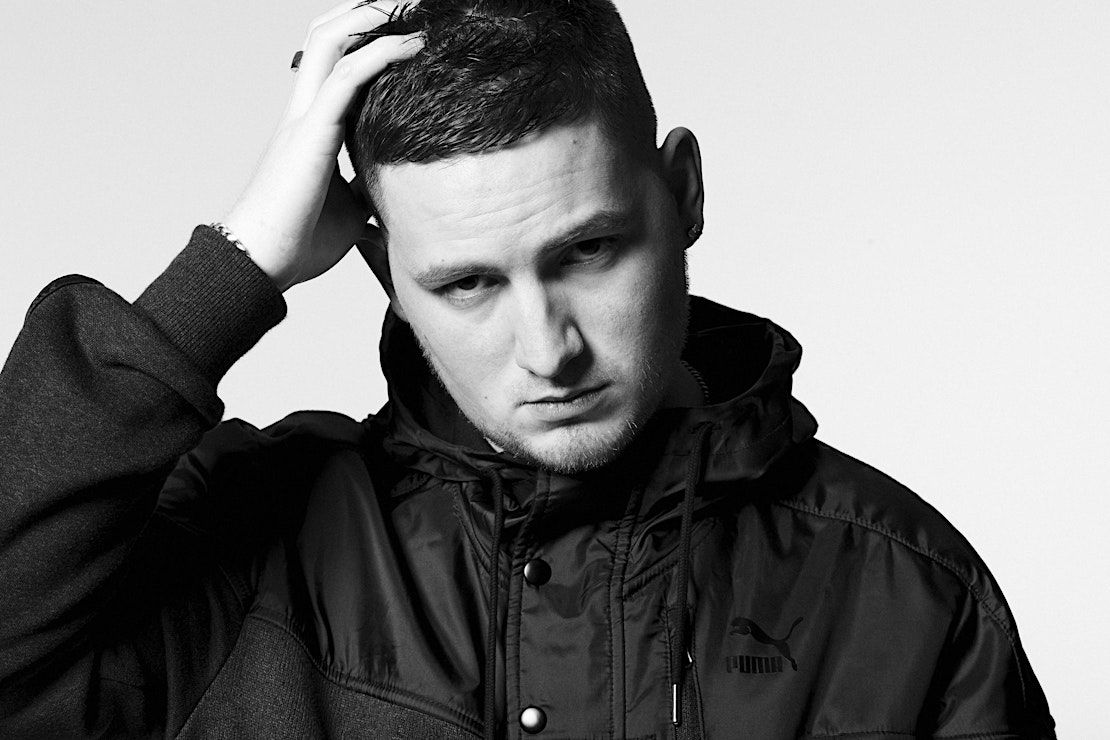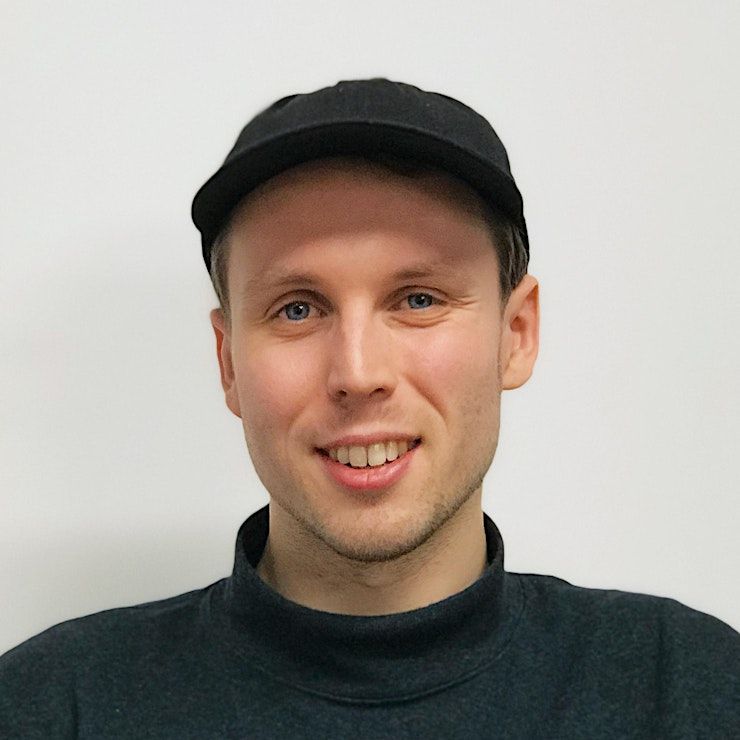Short talks on creative psychology (new date)
Schedule
Wed Nov 20 2024 at 06:30 pm to 09:00 pm
UTC+00:00Location
SET Social | London, EN

About this Event
Note. This event was originally supposed to be on 22 July 2024 and will now be on 20 November 2024. If you purchased a ticket for 22 July and cannot make the new date, please request a refund.
Welcome to Short talks on creative psychology organised by Creative Empirical! Join us at SET Social for five 10-15-minute talks from leading experts in research on the intersection of creativity and psychology including Rebecca Chamberlain, Oliver Durcan, David Luke, George Musgrave, and Diana Omigie.
Collectively, the speakers will review the unique experiences, perceptual abilities, cognitive processes, and mental health risks of people who engage in creative disciplines. This event is relevant to all audiences, especially creatives that have an interest in but haven’t explored these fascinating topics. Expect to walk away with new practical knowledge you can use to explore uncharted psychological territory in your own life.
About the organiser
Creative Empirical is a non-profit initiative that aims to engage creative practitioners in creativity psychology and neuroscience research. It is run by Oliver Durcan, who spent 10-years as an artist and curator and is currently undertaking a PhD and associate lecturer role at Goldsmiths University. Creative Empirical conducts its own research and presents the findings through personalised participant reports and public events. More information can be found at www.creativeempirical.com, and our Instagram, Twitter, and LinkedIn.
About the presenters and their talks
Rebecca Chamberlain
Do artists see the world in a different way? In this talk I’ll be discussing the changes in visual experience that take place when we learn artistic skills. Focusing on drawing, I’ll show that as we learn how to draw we also learn how to tune our attention to different aspects of our environment. I’ll show the ways scientists can measure these changes in visual experience and consider whether this might play a role in creative practice.
Bio. Among the many skills that humans evolved to design their environments, art-making is among the oldest, far predating evidence of written communication. Rebecca’s research sets out to understand how and why individuals create and respond so powerfully to works of art. Rebecca studied for a foundation degree in Art and Design at the University of the Arts, London before moving into cognitive science. She completed her undergraduate and postgraduate studies in Experimental Psychology at University College London researching the psychology and neuroscience of representational drawing ability. Rebecca joined Goldsmiths as a lecturer in 2017. She is currently Programme Director of the MSc in Psychology of the Arts, Neuroaesthetics and Creativity and Editor-in-Chief at Empirical Studies of the Arts
Twitter @mscpanc
Diana Omigie
Seeing sounds: Music, imagination and creativity. What is happening when we listen to music? Findings from music psychology show that music listening can lead us to relive memories, see images in our mind’s eye and experience epistemic emotions such as curiosity and inspiration. In this talk I will present some of the work that we are doing that explores how music influences spontaneous thought and state of mind, and I will discuss the implications of our findings for those who create art while listening to music.
Bio. Diana Omigie’s research interests revolve around the behavioural, physiological and neural correlates of music sense-making and music-induced emotions. Following a BSc in Neuroscience at University College London, and MSc and PhD studies at Goldsmiths, University of London, she completed postdoctoral fellowships in the USA (New York University), France (NeuroSpin, Brain and Spine Institute, University of Lille) and Germany (Max Planck Institute of Empirical Aesthetics). Diana is now a Senior Lecturer in Music Psychology at Goldsmiths, where she directs the MSc programme in Music, Mind and Brain.
Twitter @mscmusicmindan1

George Musgrave
Why musicians suffer: Mental health beyond the tortured artist. Musicians are one of the most at-risk occupational groups for suicide globally, and incidences of anxiety and depression have generally been seen to be higher than the general population. Popular explanations centre dispositional arguments rooted in musicians’ personalities, mirrored in ideas of the ‘tortured artist’ or ‘mad genius’. However, do psychosocial studies of musicians’ working lives and working conditions turn this narrative on head? Drawing on over a decade of research in this area, Dr. Musgrave will introduce contemporary data which might cause you to re-think why musicians appear to be suffering in huge numbers.
Bio. Dr. George Musgrave is an interdisciplinary sociologist of music, researching musicians' psychosocial working lives. His specialism concerns the psychological experiences and working conditions of creative careers, with a focus on mental health and wellbeing in the music industry. He has collaboratively undertaken two major research projects - 'Can Music Make You Sick?' (UK) and ‘When Music Speaks’ (Denmark) - on mental health and the music industry. The book of the former was an Amazon Number 1 Best Seller in the Sociology of Work. His research has been published in world-leading journals including The Lancet, The Lancet Psychiatry, Poetics, Cultural Trends, Musicae Scientiae, and Psychology of Music.
Twitter @drgmusgrave

Oliver Durcan
Creative flow states: Early study results. Ever felt like you’ve merged with something you were making or practicing? If yes, you were probably experiencing “flow”, a highly rewarding state of enhanced attention and control over your actions. In this talk, I’ll present findings from a nationwide survey on flow states and its potential importance for day-to-day wellbeing in creative populations. Specifically, I’ll discuss what we discovered about flow states occurring differently for people depending on their creative discipline. The talk will finish with research-backed tips and tricks that you can use to experience flow states yourself.
Bio. Oliver researches the cognitive and neurophysiological correlates of flow states, specifically as they occur in creative contexts. This research follows a 10-year career as a painter and installation artist, and curating dozens of exhibitions around Europe, showcasing emerging contemporary artists. He completed BSc Fine Art at University of East London in 2013, MSc Psychology at University of Greenwich in 2021, and plans to complete his PhD at Goldsmiths University in 2025. He runs Creative Empirical, a platform to engage creatives with psychology research, and is an Associate Lecturer at Goldsmiths University.
Instagram @olydurcan
David Luke
How psychedelics enhance creativity. Dr David Luke presents exploration of how psychedelics and other altered states can change perceptions and perspectives in novel ways to enhance creativity and creative problem solving. He will also discuss some of the underlying neural changes that underpin changes in convergent/divergent thinking and the induction of synaesthesia, and what role these play in thinking and perceiving beyond our usual limits.
Bio. Dr David Luke is Associate Professor of Psychology at the University of Greenwich. His research focuses on transpersonal experiences, anomalous phenomena and altered states of consciousness, especially via psychedelics, having published more than 100 academic papers in this area, including thirteen books, such as Otherworlds: Psychedelics and Exceptional Human Experience. When he is not running clinical drug trials with LSD exploring creativity and problem solving, conducting DMT field experiments or observing apparent weather control with Mexican shamans he manages a small ancient woodland and is a cofounder and trustee of Breaking Convention: International Conference on Psychedelic Consciousness.
Twitter. @drdluke
Instagram. @drdluke
Where is it happening?
SET Social, 55a Nigel Road, London, United KingdomEvent Location & Nearby Stays:
GBP 5.00



















